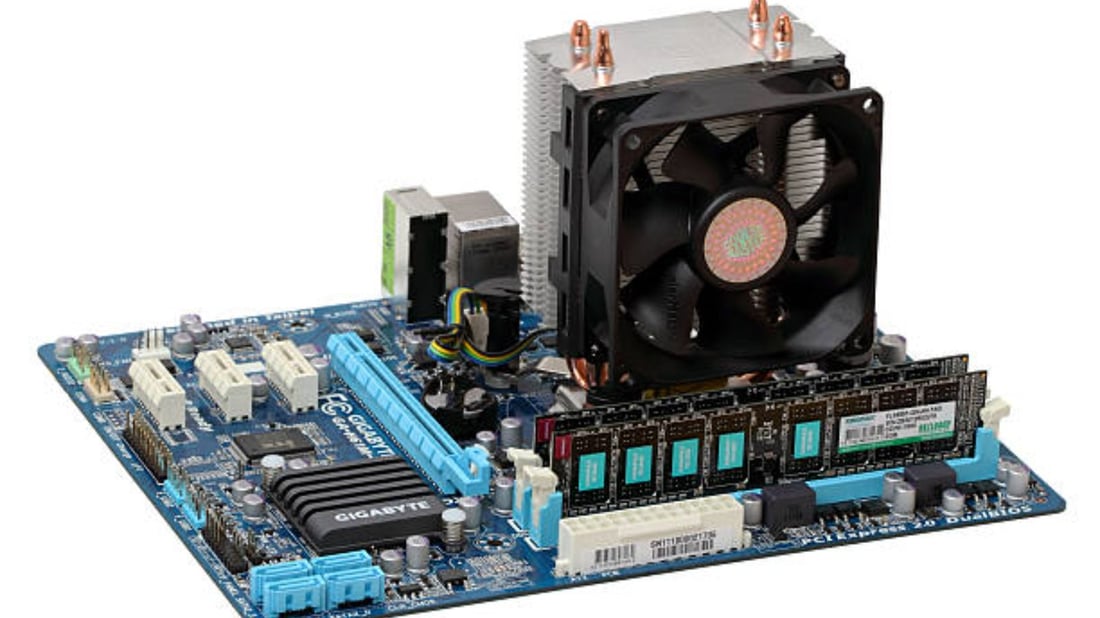What is a Heat Sink?
A heat sink is a passive cooling device that transfers the heat generated by an electronic or mechanical device to a fluid medium, such as air or liquid. It is commonly used in computers, LED lights, and other electronic devices to dissipate heat and prevent overheating.
How Do Heat Sinks Work?
Heat sinks work on the principle of thermal conduction, where heat is transferred from the device to the heat sink and then dissipated into the surrounding environment. The larger surface area of the heat sink helps to increase the rate of heat dissipation, keeping the device cool and functioning optimally.
Benefits of Using Heat Sinks
Heat sinks play a crucial role in prolonging the lifespan of electronic devices by preventing overheating. They also improve the overall performance and reliability of the device by ensuring that it operates within safe temperature limits. Additionally, heat sinks can help reduce energy consumption and save on cooling costs.
Types of Heat Sinks
There are various types of heat sinks available, including passive heat sinks, active heat sinks, and heat pipe heat sinks. Passive heat sinks rely on natural convection to dissipate heat, while active heat sinks use fans or other cooling mechanisms. Heat pipe heat sinks utilize a heat pipe to transfer heat more efficiently.
Factors to Consider
When deciding whether heat sinks are worth it for your specific application, consider factors such as the heat dissipation requirements of the device, the available space for installation, and the cost-effectiveness of different heat sink options. It is also important to choose a heat sink that matches the thermal properties of the device.
Do Heat Sinks Improve Performance?
Heat sinks can significantly improve the performance of electronic devices by preventing overheating, which can lead to thermal throttling or even damage to the components. By maintaining lower operating temperatures, heat sinks ensure that the device operates at its full potential without performance degradation.
Are Heat Sinks Cost-Effective?
While heat sinks may add an additional cost to the overall system, their long-term benefits far outweigh the initial investment. By preventing premature failure of electronic components and reducing the need for costly repairs or replacements, heat sinks can ultimately save money in the long run.
Alternatives to Heat Sinks
In some cases, alternative cooling methods such as liquid cooling systems or thermoelectric cooling devices may be used instead of or in conjunction with heat sinks. These methods offer unique advantages and may be more suitable for certain applications, depending on the specific cooling requirements.
Common Misconceptions
One common misconception is that all electronic devices require heat sinks to operate efficiently. While heat sinks are essential for high-power devices or those prone to overheating, not all devices benefit from the use of heat sinks. It is important to assess the cooling needs of each device individually.
Conclusion
In conclusion, heat sinks are a valuable investment for electronic devices that require efficient thermal management. Whether you are looking to improve performance, extend the lifespan of your device, or simply prevent overheating, heat sinks are a cost-effective solution that can benefit a wide range of applications.
Quote Inquiry
Contact us!

